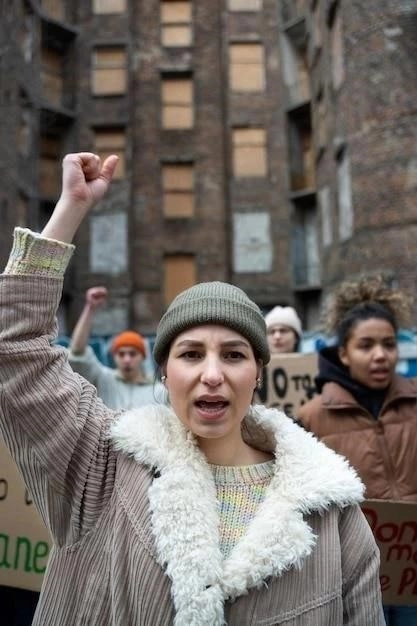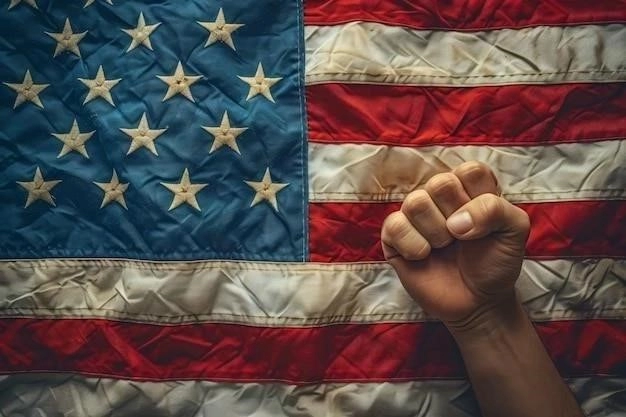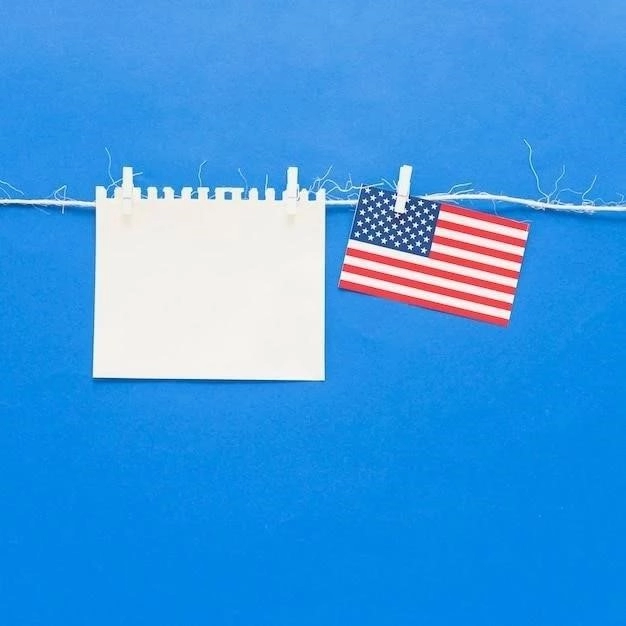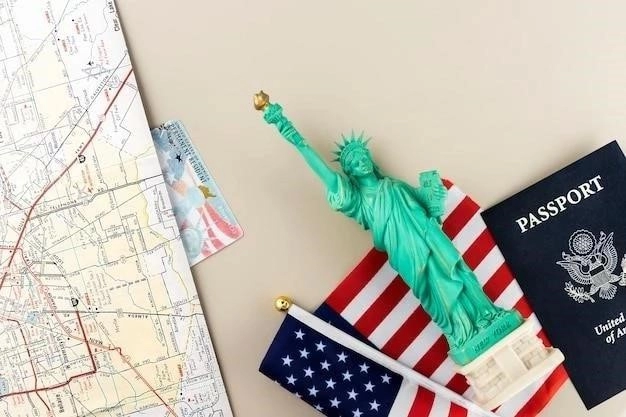Historical Context of Human Rights in the U.S.
The United States boasts a complex and often contradictory history regarding human rights. While founded on principles of liberty and equality enshrined in the Declaration of Independence, these ideals were tragically juxtaposed with the brutal reality of slavery and systemic discrimination against indigenous populations. The struggle for civil rights has been a constant thread throughout U.S. history, marked by landmark achievements like the abolition of slavery and the Civil Rights Act, yet marred by persistent inequalities and challenges to the full realization of human rights for all.

Contemporary Human Rights Issues in the U.S.
Despite a long history of advocating for human rights globally, the United States continues to grapple with significant challenges within its own borders. Issues of racial justice, immigration, criminal justice reform, and privacy rights remain at the forefront of national discourse, often exposing deep societal divisions.
The persistence of racial disparities in areas such as law enforcement, healthcare, and economic opportunity underscores the unfinished work of achieving true equality. Concerns over excessive use of force by law enforcement against minority communities, coupled with the disproportionate incarceration rates of Black and Hispanic Americans, highlight the urgent need for comprehensive criminal justice reform.
Immigration policies, particularly those impacting asylum seekers and undocumented immigrants, have drawn criticism for potentially violating international human rights standards. Additionally, the debate surrounding reproductive rights, access to affordable healthcare, and gun violence continue to raise complex questions about the balance between individual liberties and collective well-being. The digital age has also ushered in new challenges, with concerns regarding government surveillance and data privacy becoming increasingly relevant to the contemporary human rights landscape in the U.S.
Immigration and Refugee Rights
The United States has long been a destination for immigrants and asylum seekers, yet its policies and practices in this realm have frequently sparked controversy and raised concerns about human rights adherence. Navigating the complexities of border security with the humanitarian obligations towards those seeking refuge or a better life presents a significant challenge.
Issues such as the treatment of asylum seekers at the border, detention conditions for undocumented immigrants, and the separation of families have drawn international criticism. Critics argue that certain policies, including expedited removal processes and limited access to legal counsel for those in immigration detention, undermine due process and fundamental human rights.
Furthermore, the debate surrounding pathways to citizenship for undocumented immigrants already residing in the U.S. remains a politically charged issue. Balancing effective enforcement of immigration laws with the protection of human rights for all individuals, regardless of their immigration status, continues to be a complex and pressing concern within the United States.

Racial Justice and Law Enforcement
The pervasive issue of racial injustice in the United States is deeply intertwined with law enforcement practices and the criminal justice system. Despite constitutional guarantees of equal protection, systemic racism continues to permeate many aspects of American society, leading to stark disparities in the treatment of racial minorities, particularly Black Americans.
The deaths of George Floyd, Breonna Taylor, and numerous other Black individuals at the hands of law enforcement sparked nationwide protests and reignited a long-standing debate about police brutality, racial profiling, and the use of excessive force. The over-representation of Black and Hispanic Americans in the criminal justice system, from arrest rates to sentencing disparities, further underscores the urgent need for reform.
Addressing racial bias in policing, promoting accountability for misconduct, and ensuring equal access to justice for all Americans, regardless of race, are essential steps toward achieving racial justice. This requires a multifaceted approach that includes comprehensive policy changes, community engagement, and a commitment to dismantling systemic racism at all levels of society.

The U.S. Criminal Justice System and Mass Incarceration
The United States has the highest incarceration rate globally, a fact that has drawn considerable scrutiny and fueled debate about the human rights implications of its criminal justice system. With approximately 2.3 million people incarcerated, the phenomenon of mass incarceration has disproportionately impacted minority communities and raised concerns about racial bias, socioeconomic disparities, and the overuse of imprisonment as a penal strategy.
Critics argue that harsh sentencing laws, particularly for non-violent drug offenses, have contributed to this issue. Additionally, concerns persist regarding inadequate access to legal representation, potential biases in sentencing guidelines, and the cyclical nature of incarceration that can perpetuate poverty and limit opportunities for rehabilitation.
Addressing mass incarceration requires a multifaceted approach, including sentencing reform, increased investment in diversion programs and community-based alternatives to incarceration, and a focus on rehabilitation and reintegration for formerly incarcerated individuals. These efforts are crucial not only for upholding human rights within the criminal justice system but also for fostering a more just and equitable society.

The Impact of U.S. Foreign Policy on Human Rights
The United States has long positioned itself as a global champion for human rights, yet its foreign policy decisions have often faced criticism for their impact on human rights abroad. Balancing national security interests with the promotion of democracy, human rights, and the rule of law in the international arena presents a complex challenge.
The U.S. government’s use of military intervention, support for authoritarian regimes, and its approach to issues like drone strikes and targeted killings have been subjects of ongoing debate. Critics argue that certain foreign policy decisions have, at times, contradicted stated commitments to human rights and undermined U.S. moral authority on the global stage.
Ensuring that U.S. foreign policy consistently aligns with its stated values of human rights requires a nuanced and principled approach. This includes prioritizing diplomacy, multilateral cooperation, and a commitment to international law, while also acknowledging the complexities and potential unintended consequences of foreign interventions.

Government Surveillance and Privacy Rights
The digital age has ushered in unprecedented technological advancements, but it has also raised profound questions about the balance between national security and individual privacy rights in the United States. Government surveillance programs, often justified in the name of counterterrorism efforts, have expanded significantly in recent decades, generating considerable debate about their scope, oversight, and potential infringement on civil liberties.
The collection and analysis of vast amounts of personal data, often without individual knowledge or consent, raise concerns about the erosion of privacy rights protected under the Fourth Amendment. Whistleblower disclosures regarding mass surveillance programs have highlighted the need for greater transparency and accountability in government surveillance practices.
Striking a balance between legitimate security needs and the protection of individual privacy in the digital age remains a complex challenge. This requires robust legal frameworks, independent oversight mechanisms, and ongoing public discourse about the appropriate limits of government surveillance in a free and democratic society.

The Role of Civil Society in Promoting Human Rights
A vibrant and engaged civil society plays a pivotal role in advocating for human rights and holding the government accountable in the United States. Non-governmental organizations (NGOs), advocacy groups, community organizations, and individuals contribute significantly to advancing human rights protections and promoting social justice.
Through advocacy, litigation, public education, and grassroots organizing, civil society actors work to address a wide range of human rights issues, from racial discrimination and criminal justice reform to immigrants’ rights and LGBTQ+ equality. They provide essential services to vulnerable communities, monitor government actions, and hold those in power accountable for upholding human rights principles.
A robust and independent civil society is essential for a healthy democracy and the protection of human rights. The United States benefits from a diverse and active civil society landscape, which plays a critical role in driving progress and holding the government accountable to its human rights obligations.

International Criticism and Accountability of the U.S.
While the United States frequently positions itself as a champion for human rights on the global stage, its domestic record and foreign policy decisions have faced criticism from international organizations and foreign governments. These critiques highlight the ongoing tension between the U.S.’s self-proclaimed role as a human rights leader and the realities of its actions both domestically and internationally.
International human rights organizations and treaty bodies have raised concerns about a range of issues, including racial disparities in the criminal justice system, the treatment of migrants and asylum seekers, mass surveillance programs, and the use of the death penalty. The U.S. has also faced criticism for its reluctance to engage fully with international human rights mechanisms, such as ratifying certain human rights treaties or accepting the jurisdiction of international courts.
Constructive engagement with international criticism and a willingness to address shortcomings are essential for the U.S. to maintain its credibility as a defender of human rights. This includes upholding its commitments under international law, engaging in good-faith dialogue with international bodies, and demonstrating a genuine commitment to addressing human rights concerns both domestically and in its foreign policy.










